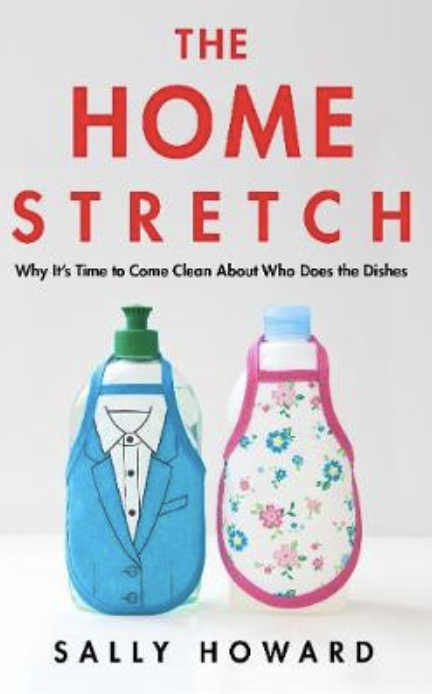
Employed women do far more their share of housework


Even after forty years of feminism women still do the majority of the housework. Human sexual reproduction affects everyone in insightful ways that go far beyond hormonal driven sex.
Families and joint families build around the “pair bonds” of parents, grandparents and great grandparents, are core of all the societies, including our own.
Over sixty years there has been vocal denial of our clear sexual division into femaie, with XX chromosomes, and male with XY or XYY chromosomes, with the idea that people could choose their gender and then treated accordingly.
The Coronavirus pandemic highlights how these chromosomal differences matter, with males almost twice likely to die from the virus as are females.
Male and female are far more similar than our ancestors believed and conceived themselves as having lords and masters was natural and right. Women have ben treated as their fathers’ or husbands’ chattel, denied the right to own property, barred from most occupations, although women in the last century achieved complete equality before the law. Where education is equally open to boys and girls the latter outperform their male colleagues, as many law and medical schools are majority female. Yet women still have average pay that is lower than men and make minority of board members in big companies. Men are getting far more than their share.
Women with more resources, either in current earnings or in likely future ones, are in a more powerful position within a household and tend to do less housework as unemployed men do more housework. Home Stretch is a frustrating book as Howard’s blindness to the wider economy.
Concentrating on housework distracts from today’s real male-female divide, the motherhoodand the fact that our species are amongst the world’s sexual reproducers.
Sally Howard says “we live in patriarchal capitalist structures that are based on legacies if colonial exploitation, with astonishing efficiency co-opted women’s liberation by increasing the number of women in the workforce”.
Howard highlights how employed women do far more than their share of housework and “ to talk about housework is to talk about power”.
More women out-earn their male partners , the more they will take on housework to neutralise the deviance from social norms that earning more involves.
In the UK, the average heterosexual British women puts in 12 more days o household labour per year than her male companion, while young American men are now twice likely as their father to think a women’s place us is in the home and hiring a nanny or cleaner is it something to aspire to?
Sally Howard spends a day with her Lithuanian cleaner, lives in a futuristic model home designed to anticipate our needs and meets latte papas and one-per cent parents in this lively examination which combines history and fieldwork with her personal story.
The Home Stretch: Why it’s time to Come Clean Who Does the Dishes by Sally Howard, Atlantic £14.99, 342 pages
.
